River's Edge Pharmacy Specialties
River’s Edge realizes the managing of multiple medications can be confusing. The pharmacists at River’s Edge specialize in helping patients understand their prescription drugs and address any concerns that patients may have.
SPECIALTY THERAPIES AND DISORDERS TREATED BY RIVER'S EDGE
River’s Edge Specialty Pharmacy specializes in comprehensive care management for patients who have complex or chronic conditions. River’s Edge professionals ensure therapy is comfortable and effective. By investing in new methods of proven technologies, River’s Edge Pharmacy is constantly evolving, ensuring the accuracy of diagnosis and treatment for patients.
IMMUNOGLOBULIN THERAPY
Immunoglobulin Intravenous immunoglobulin (IVIg) and subcutaneous immunoglobulin (SCIg) are treatments derived from purified plasma containing antibodies collected from healthy donors. The plasma undergoes a specialized purification process to ensure the therapies are safe and effective. The majority of these antibodies are IgG (immunoglobulin G or gamma globulin), which play a crucial role in neutralizing toxins that cause bacterial and viral infections. This collection of immune responses, sourced from thousands of donors, is used to treat conditions where patients either have an underactive immune system or an overactive immune response attacking their own tissues. Immunoglobulin therapy supplements the body’s own immune system by providing these critical antibodies. Contact River’s Edge to learn more about our services and how we can support your health.
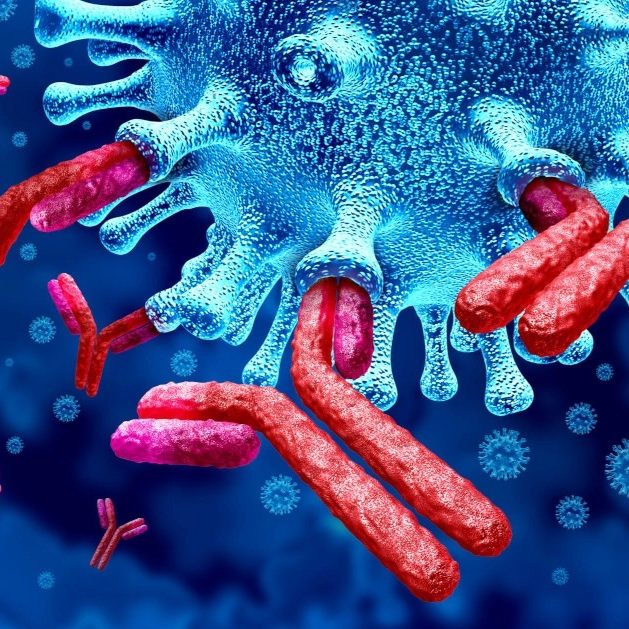

IMMUNOSUPPRESENT THERAPY
Immunosuppressants play a critical role in treating conditions where the immune system attacks the body, as well as in organ transplant recovery to prevent rejection. These medications help manage symptoms and improve life quality for those with chronic illnesses like rheumatoid arthritis, lupus, Crohn’s disease, and multiple sclerosis.
At River’s Edge, we collaborate with your healthcare team to design personalized immune suppressant plans that balance effectiveness and minimize side effects. Our services include patient advocacy for insurance navigation, expert home infusion care, reliable medication delivery, and financial assistance programs to ease costs. With regular check-ins and ongoing support, we’re dedicated to keeping your treatment on track.
For specialized immune suppressant therapy, contact River’s Edge to learn more about our services and how we can support your health.
HEMOPHILIA
At River’s Edge Specialty Pharmacy, we specialize in comprehensive care for individuals living with hemophilia. Our team offers expert guidance on factor replacement and prophylactic therapies to manage symptoms and prevent complications like joint damage. We also help patients navigate complex insurance processes and provide financial assistance to reduce treatment costs.
Our services include personalized care plans, infusion support, medication delivery, and continuous monitoring to ensure adherence and effective management. Available 24/7 across 24 states, we are committed to guiding patients through every stage of treatment and improving their quality of life. Contact us today to explore how River’s Edge can support your health with tailored hemophilia care.
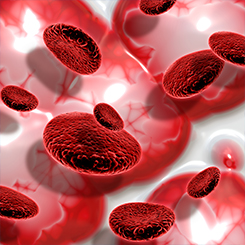
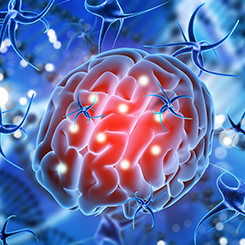
MULTIPLE SCLEROSIS
Multiple Sclerosis (MS) is a chronic autoimmune disorder that affects the central nervous system, leading to symptoms like fatigue, mobility difficulties, vision issues, and cognitive challenges. Managing MS requires a comprehensive and personalized approach, and at River’s Edge Specialty Pharmacy, we are committed to supporting you through every stage of your journey.
We offer a range of treatment options, including Disease-Modifying Therapies (DMTs) to slow disease progression, reduce relapses, and manage symptoms. These therapies are available as injections, oral medications, or infusions. Additionally, we coordinate symptomatic treatments, such as pain relief and muscle spasm management, along with rehabilitation services to help maintain your mobility and independence.
Our dedicated team provides comprehensive support services, including prior authorization assistance, financial aid programs, and medication delivery to ensure seamless access to your treatments. For those requiring intravenous medications, we offer home infusion services, providing comfort and expert care right at your doorstep.
At River’s Edge, we believe that knowledge empowers patients. We provide educational resources to help you understand your condition and make informed decisions about your care. Available 24/7 across 24 states, our compassionate team is ready to advocate for you and simplify the complexities of MS care. Contact us today to learn more.
BONE AND JOINT DISORDERS
Bone and joint disorders, such as arthritis, osteoporosis, fractures, and degenerative conditions, can significantly affect mobility, comfort, and overall quality of life. Managing these conditions often requires a tailored combination of treatments to reduce pain, restore function, and support long-term health.
At River’s Edge Specialty Pharmacy, we offer a comprehensive range of solutions to help individuals manage bone and joint conditions. Treatment options may include medications like anti-inflammatories and disease-modifying agents, physical therapy to restore strength and mobility, and nutritional support to promote bone health. In more advanced cases, surgical interventions may also be necessary.
Our dedicated team works closely with patients, providing personalized care, prior authorization assistance, financial support, and timely medication delivery. We also offer home infusion services for individuals requiring intravenous treatments, ensuring high-quality care in the comfort of your home.
If you are living with a bone or joint disorder, contact us today to learn more about our specialized treatments and begin your journey toward improved health and mobility.

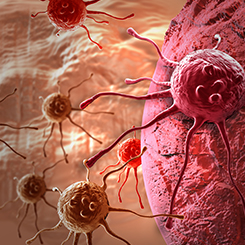
CANCER
A cancer diagnosis is life-changing, and navigating treatment can be overwhelming. At River’s Edge Specialty Pharmacy, we are committed to providing compassionate, comprehensive support for patients facing various types of cancer. From chemotherapy to advanced therapies, our services are designed to address the unique needs of each patient, ensuring personalized care at every step.
We specialize in managing treatments for numerous cancers, including leukemia, breast cancer, lung cancer, gastrointestinal tumors, melanoma, and many others. Whether you’re dealing with early-stage cancer, metastatic disease, or chemotherapy-induced side effects like neutropenia, our experienced team works closely with you and your healthcare providers to create tailored treatment plans.
River’s Edge offers more than just medication management. We assist with insurance approvals, coordinate timely delivery of your medications, and provide financial assistance to reduce the cost burden. For patients requiring infusion therapy, our centers offer safe and comfortable environments. With a focus on patient education and regular follow-ups, we help you understand and manage your treatment while monitoring your progress to ensure optimal outcomes.
Available 24/7 across 24 states, we are here to support you through every phase of your cancer journey. Contact us today to learn more about how we can help.
IRRITABLE BOWEL DISEASE (IBD)
Irritable Bowel Syndrome (IBS) is a chronic gastrointestinal disorder characterized by abdominal pain, bloating, and irregular bowel habits, such as diarrhea, constipation, or both. While it doesn’t cause inflammation like other gastrointestinal conditions, IBS can significantly impact quality of life and daily routines.
Managing IBS often requires a combination of dietary changes, stress management techniques, and medications tailored to each patient’s symptoms. Identifying and avoiding trigger foods, incorporating exercise, and practicing relaxation techniques, such as yoga or meditation, can help alleviate discomfort.
At River’s Edge Specialty Pharmacy, we offer personalized support and treatments to help individuals manage their IBS symptoms. Our team works closely with patients to develop customized care plans, ensuring timely access to medications and valuable lifestyle recommendations.
If you are experiencing symptoms of IBS, contact us today to explore treatment options and start your journey toward better digestive health.
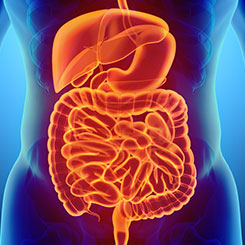

INFECTIOUS DISEASES
At River’s Edge Specialty Pharmacy, we offer comprehensive care to help patients manage and recover from infectious diseases. Our pharmacists work closely with healthcare providers to ensure you receive the right antibiotics, antivirals, or specialized therapies tailored to your condition. For patients needing advanced treatment, our infusion centers provide IV therapies in a supportive environment.
We assist with conditions including urinary tract infections (UTIs), community-acquired pneumonia, cystitis, pyelonephritis, and meningitis. Our team also offers expertise in managing total parenteral nutrition (TPN) for those requiring specialized nutritional support.
From medication delivery to financial assistance programs, we are committed to supporting you every step of the way. Available 24/7 across 24 states, River’s Edge ensures that you have the care you need to overcome infectious diseases and restore your health. Contact us today to learn more.
